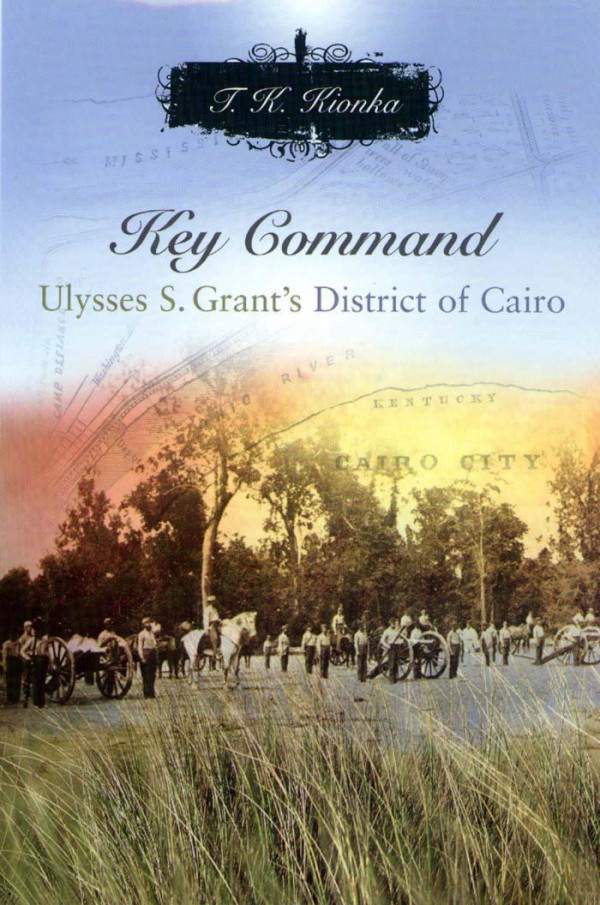

Most ebook files are in PDF format, so you can easily read them using various software such as Foxit Reader or directly on the Google Chrome browser.
Some ebook files are released by publishers in other formats such as .awz, .mobi, .epub, .fb2, etc. You may need to install specific software to read these formats on mobile/PC, such as Calibre.
Please read the tutorial at this link: https://ebookbell.com/faq
We offer FREE conversion to the popular formats you request; however, this may take some time. Therefore, right after payment, please email us, and we will try to provide the service as quickly as possible.
For some exceptional file formats or broken links (if any), please refrain from opening any disputes. Instead, email us first, and we will try to assist within a maximum of 6 hours.
EbookBell Team

5.0
80 reviewsDuring the Civil War, Cairo, Illinois, held a uniquely strategic position: it was not only the southernmost northern city, but it was also located at the confluence of the Mississippi and Ohio rivers. Union strategists believed that the importance of securing it could not be overestimated, and Cairo was occupied by the first volunteer regiments organized in the western theater of the war. Arriving six months later, an underappreciated general named Ulysses S. Grant decided that the Union could do more with Cairo than simply guard it, and using the town as his headquarters, he set about reclaiming the Mississippi valley from Rebel forces. This book reveals the story of how Grant honed his strategic skills in those campaigns while also telling of the changes that came to Cairo.
Key Command examines Grant’s tenure at his first district command from both military and administrative perspectives. T. K. Kionka has written the first book-length study of the district, exploring the town’s Civil War legacy while shedding new light on Grant, the war in the West, and other important Union generals such as Logan and McClernand. From this command post, Grant led troops to the first great Union victories at Belmont, Fort Henry, and Fort Donelson, and Kionka explores their role in Grant’s military evolution while highlighting the contributions of civilian volunteers through first-person accounts.